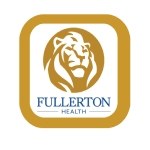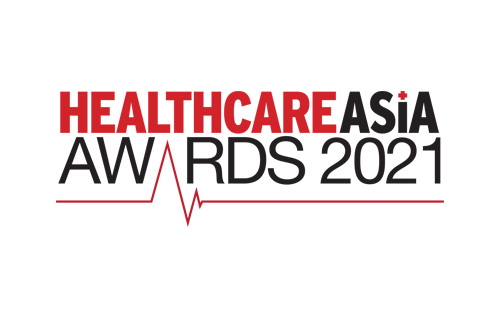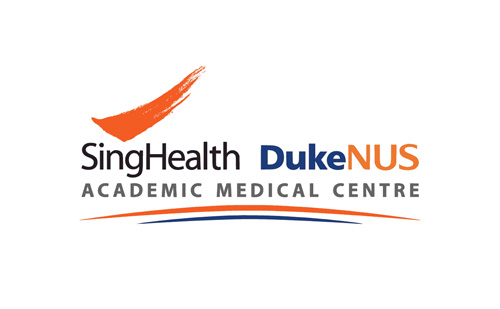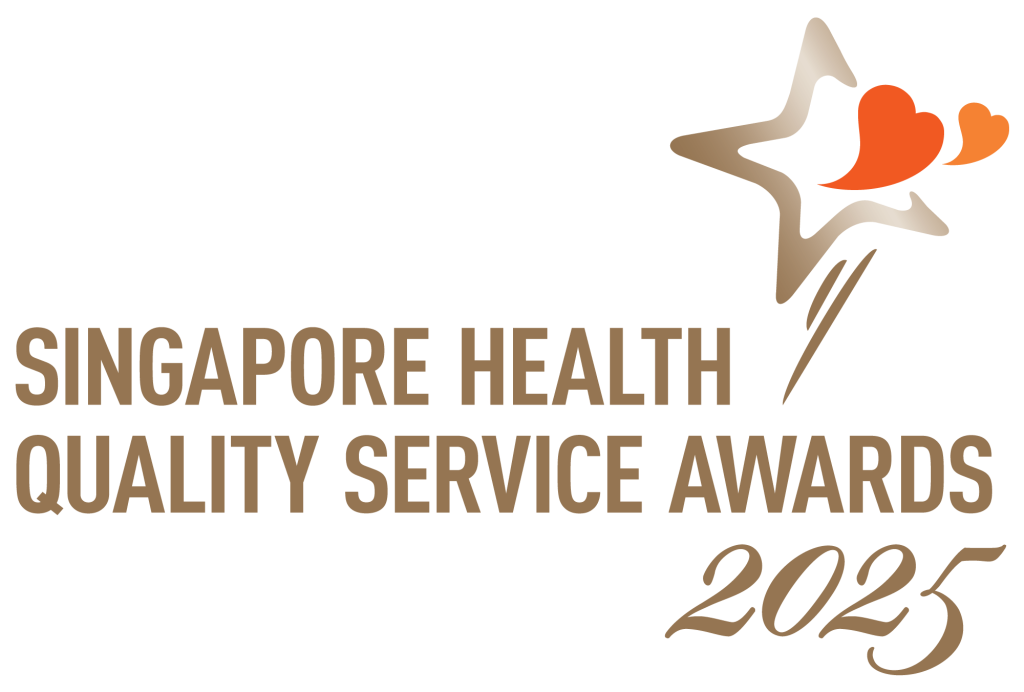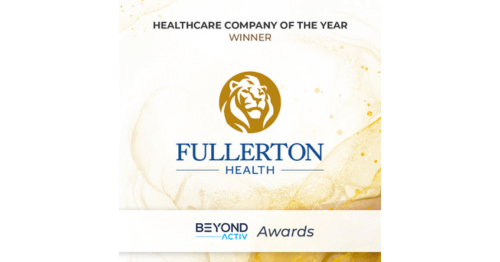As we celebrate International Women’s Day on March 8, we honor the resilience, strength, and contributions of women in all aspects of life. Supporting women’s well-being begins with promoting hormonal health—a key factor that influences energy, mood, metabolism, sleep, and overall vitality.
Hormones play a crucial role in a woman’s health, naturally shifting through various life stages. With the right nutrition and lifestyle habits, women can better support these changes and feel their best at every age.

Young Adulthood (20s – 30s): Laying a Strong Foundation
During young adulthood, fluctuations in estrogen and progesterone are common due to menstrual cycles, pregnancy, and family planning. A balanced nutrition and regular physical activity help regulate cycles, support fertility, and maintain energy levels.
- Key Nutrients:
- Healthy fats (avocados, nuts, olive oil) – support hormone production
- Iron-rich foods (lean meats, spinach, beans) – prevent anemia caused by menstrual blood loss
- Vitamin B6 & Magnesium (bananas, dark chocolate, nuts) – reduce PMS symptoms
Tip: Include protein, fiber, and healthy fats in every meal to stabilise blood sugar levels, preventing mood swings and fatigue.

Midlife (40s – 50s): Navigating Perimenopause & Menopause
As women approach menopause, estrogen levels start to decline, leading to symptoms like hot flashes, mood swings, sleep disturbances and bone loss. Nutrition can play a key role in easing these transitions.
- Key Nutrients:
- Calcium & Vitamin D (dairy, tofu, sardines, sunlight) – strengthen bones
- Phytoestrogens (soy, flaxseeds, chickpeas) – plant compounds that mimic estrogen to ease menopause symptoms
- Omega-3 fatty acids (salmon, walnuts, flaxseeds) – reduce inflammation and support heart health
Tip: Minimise processed foods and refined sugars to avoid blood sugar spikes that can exacerbate symptoms like fatigue and mood swings.

Golden Years (60s & beyond): Aging Gracefully
Post-menopause, women face an increased risk of loss of muscle mass, osteoporosis, heart disease, and slower metabolism. A nutrient-rich diet can help maintain strength, cognition, and overall well-being.
- Key Nutrients:
- Protein-rich foods (eggs, beans, lean meats) – prevent muscle loss
- Antioxidants (berries, green tea, leafy greens) – protect against aging and cognitive decline
- Fiber (whole grains, vegetables, legumes) – supports digestion and heart health
Tip: Stay hydrated and consume fiber-rich foods to improve gut health, which plays an important role in hormone regulation.
Honoring Women Through Healthier Choices
Maintaining a healthy body weight is important through all stages of life. During young adulthood, being underweight or overweight can disrupt ovulation and lead to irregular periods. Additionally, weight gain during peri-menopause and menopause is common, particularly around the abdomen, but does not have to be inevitable. Proactive management is crucial to maintain a healthy body weight through healthy eating and physical activity. Incorporate at least 150 mins/week of moderate-intensity physical activity and 2-3 sessions of muscle-strengthening activity per week. More may be required if weight loss is a goal. If you suspect that you have any hormonal imbalance e.g. thyroid disorders, polycystic ovarian syndrome or menopausal symptoms, speak to your healthcare professional for a check.
Women take on many roles—as leaders, caregivers, professionals, and changemakers. This International Women’s Day, let us encourage women to prioritise self-care through mindful nutrition, regular physical activity, and routine health screenings. When women thrive, communities flourish.
Reviewed by Dr. Ester Yeoh, Senior Consultant Endocrinologist at Aspen Diabetes and Endocrine Clinic
References
- Mount Sinai (2019). Menopause. Mount Sinai. Available at: https://www.mountsinai.org/health-library/report/menopause
- Health Hub (2023). Preventing HPV infection: HPV Vaccination. Health Hub. Available at: https://www.healthhub.sg/a-z/diseases-and-conditions/faqs-on-hpv-and-hpv-immunisation#home

